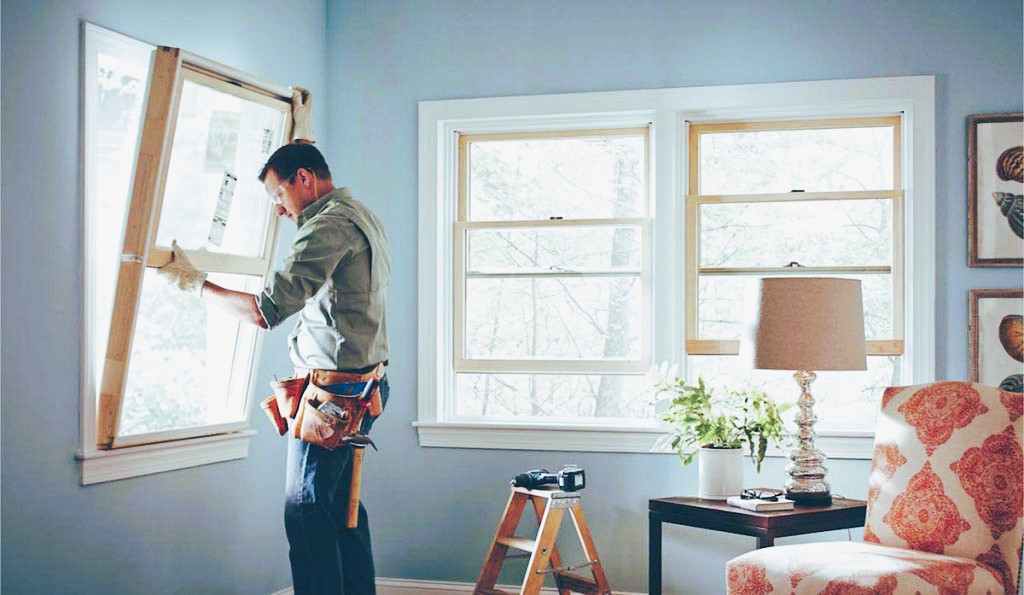Windows play a crucial role in our homes, providing natural light, ventilation, and views of the outside world. Over time, however, windows can deteriorate and become less efficient, compromising their functionality and energy performance. Knowing when to replace your windows is essential to maintain a comfortable and energy-efficient living space. In this article, we will explore the signs that indicate your windows may need replacement, the benefits of upgrading to new windows, and how standardization guidelines can help ensure a successful window replacement project.
Signs Your Windows Need Replacement:
- Drafts and Air Leaks: Feel for drafts around your windows, especially on windy days. Air leaks can significantly impact your home’s energy efficiency, leading to higher heating and cooling costs.
- Difficulty Opening and Closing: If your windows are challenging to open or close, it could be a sign of worn-out hardware or warping. Windows should operate smoothly for proper ventilation and emergency escape.
- Condensation Between Glass Panes: Condensation between double or triple glazing indicates a broken seal, leading to reduced insulation and energy efficiency.
- Cracked or Broken Glass: Cracks or chips in the glass not only compromise the window’s appearance but also its structural integrity.
- Water Damage: Water stains or rot around the window frame indicate water infiltration, which can lead to mold growth and structural issues.
- Increased Noise: If you notice more external noise entering your home, it could be a sign of deteriorating sound insulation in the windows. Like the article? Read also our author’s article on the Benefits of replacing a full frame window.
- Fading of Interior Furnishings: UV rays from the sun can fade carpets, furniture, and curtains. Upgrading to windows with UV-resistant coatings can protect your interior furnishings.
- High Energy Bills: If your energy bills have been steadily increasing, inefficient windows may be the culprit. Upgrading to energy-efficient windows can lead to significant energy savings.
Benefits of Window Replacement:

- Improved Energy Efficiency: New windows with energy-efficient features like Low-E coatings and multiple glazing layers help regulate indoor temperatures, reducing the need for heating and cooling.
- Enhanced Comfort: Upgraded windows with better insulation and reduced air leaks create a more comfortable living environment by eliminating drafts and temperature fluctuations.
- Noise Reduction: Soundproof windows can significantly reduce external noise, creating a peaceful and tranquil living space.
- Increased Home Value: Window replacement can enhance your home’s curb appeal and increase its resale value, making it more attractive to potential buyers.
- UV Protection: Windows with UV-resistant coatings protect your interior furnishings from fading and sun damage.
The Role of Standardization in Window Replacement:
Standardization organizations, such as Canada.ca, provide guidelines for window performance and installation. Adhering to these standards ensures that your window replacement project meets industry requirements for safety, energy efficiency, and functionality.
Conclusion:
Knowing when to replace your windows is essential to maintain a comfortable and energy-efficient home. Signs such as drafts, difficulty in operation, condensation, and water damage indicate that it may be time for an upgrade. Replacing your windows offers benefits such as improved energy efficiency, enhanced comfort, noise reduction, and increased home value. By following standardization guidelines provided by organizations like Canada.ca, you can ensure a successful window replacement project that meets industry requirements and enhances the overall performance and aesthetics of your home.

